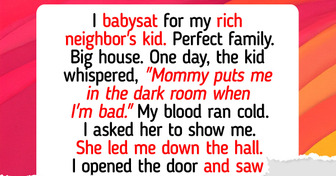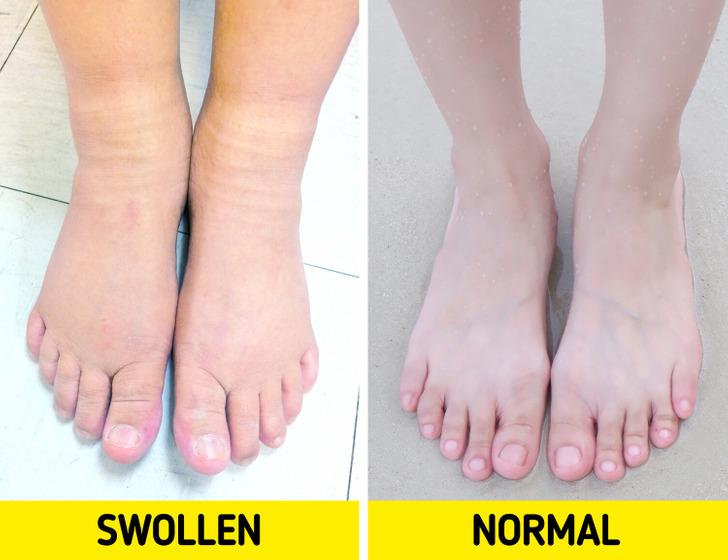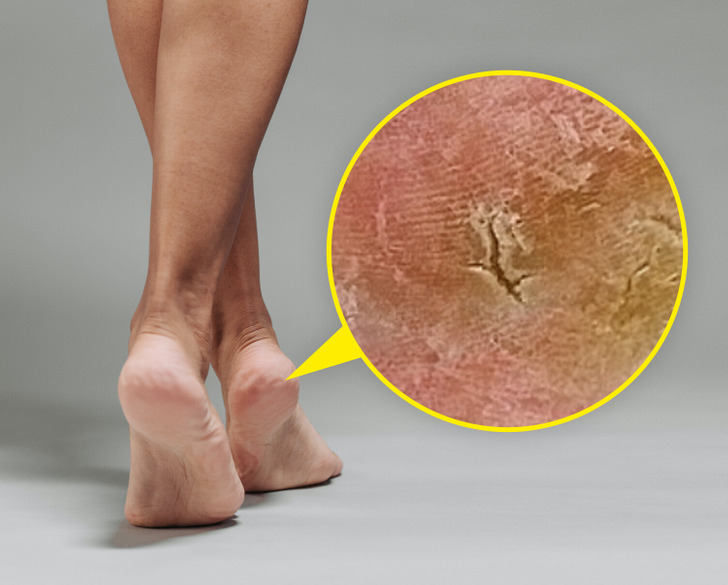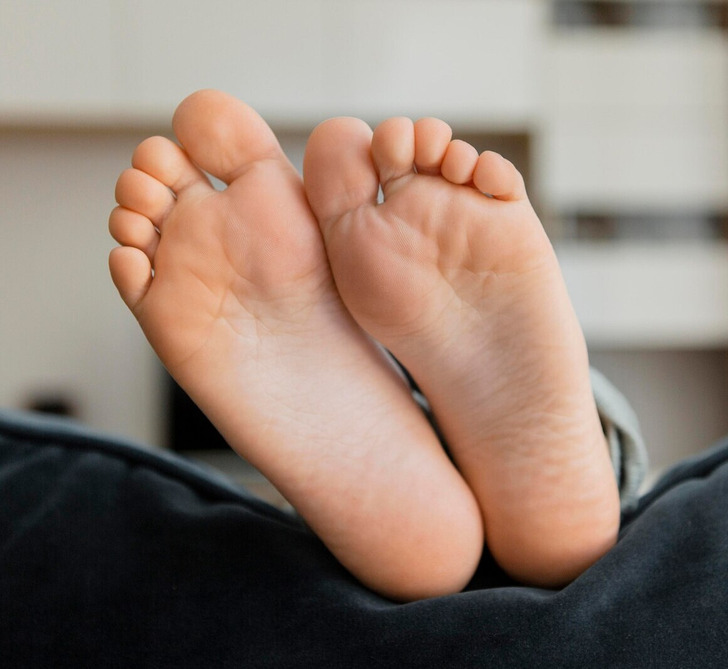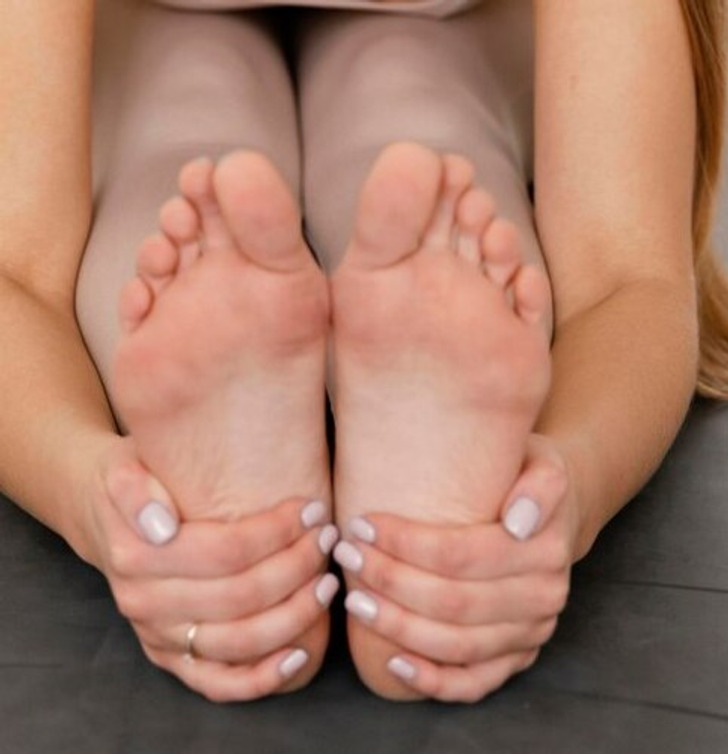Taking care of your feet is so important! After a long day or if you notice swelling, dryness, or cold feet, treat yourself to some relaxation with Dalbit Massage(출장마사지). Professional care right at home in Busan can help improve circulation and soothe tired muscles!
What Your Feet Might Be Telling You: 4 Troubling Health Signs to Watch For
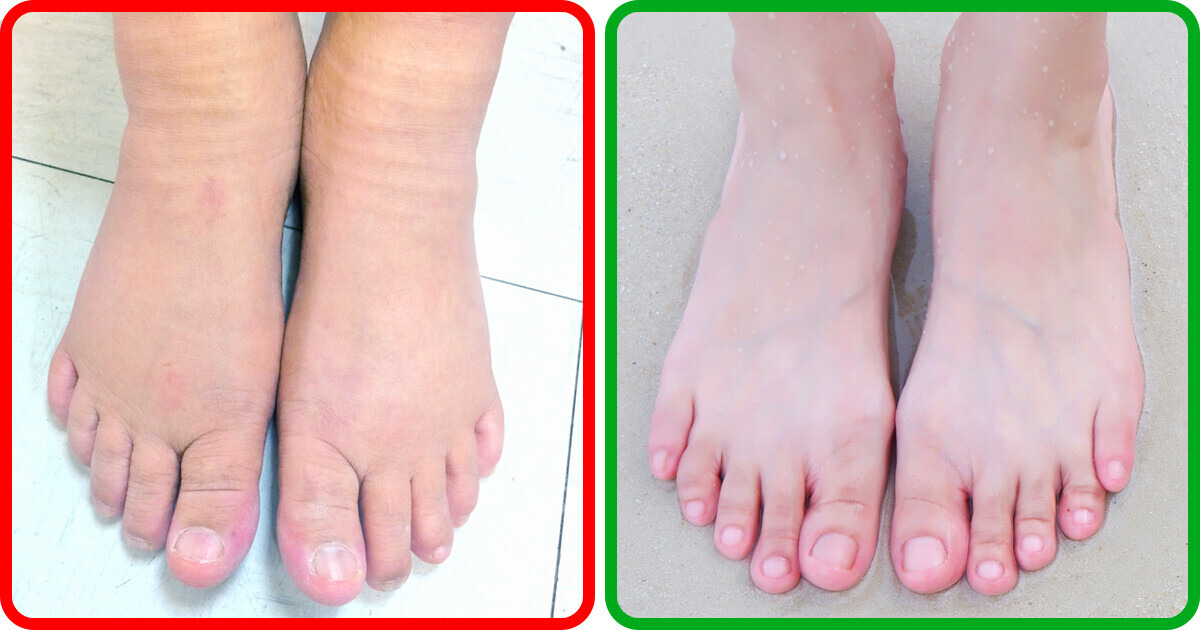
Your feet can tell you more about your health than you might think. Since they’re closely connected to your overall well-being, changes like pain, swelling, or discoloration could be early warning signs of underlying conditions. Paying attention to these symptoms can help with early diagnosis and timely treatment, keeping you healthier in the long run.
CONTENT IS PROVIDED FOR INFORMATIONAL PURPOSES ONLY AND IS NOT INTENDED AS A SUBSTITUTE OF MEDICAL ADVICE. SEEK GUIDANCE OF YOUR DOCTOR REGARDING YOUR HEALTH AND MEDICAL CONDITIONS.
Swollen feet
Swollen feet can occur for various reasons, ranging from temporary factors like prolonged standing, hot weather, or high salt intake to more serious underlying health conditions. Lifestyle factors such as being overweight, wearing ill-fitting shoes, or taking certain medications can contribute to fluid retention in the feet. Additionally, pregnancy often leads to swelling due to increased pressure on the veins and hormonal changes. In some cases, swelling may be a result of an injury, such as a sprained ankle or an infection that requires medical attention.
More severe causes of swollen feet include chronic health conditions like heart disease, kidney disease, or liver disease, which affect the body's ability to regulate fluids properly. Circulatory issues such as venous insufficiency, deep vein thrombosis (DVT), or lymphedema can also lead to swelling by preventing blood or lymphatic fluid from draining efficiently.
If swelling is persistent, sudden, or accompanied by other symptoms like pain, shortness of breath, or chest discomfort, it may indicate a serious medical issue that requires immediate medical attention. It's always a good idea to consult with your doctor to determine the underlying cause and receive appropriate treatment.
Why Do Cracked Heels Occur
If you have dry, cracked skin on your heels or feet, it could be linked to thyroid issues. The thyroid gland produces hormones that help regulate your body, so persistent dryness might be a sign to get it checked.
However, dry skin can also be caused by weather changes. But if you’re also noticing weight gain or vision problems along with dry feet, it’s a good idea to see a doctor.
Diabetes and Your Feet
Diabetes can impact your feet by causing nerve damage, leading to tingling, pain, or even numbness. Without feeling in your feet, you might not notice small cuts or blisters, which can become infected.
It can also reduce blood flow, making it harder for wounds to heal. In severe cases, untreated infections can lead to serious complications like gangrene, which may require amputation.
To keep your feet healthy, check them daily, keep them clean and dry, wear well-fitting shoes, and see a podiatrist regularly. Managing blood sugar is also crucial in preventing foot problems.
People with diabetes need to be especially cautious, as the condition affects about 1 in 10 Americans. Around 60% to 70% of those with diabetes develop nerve issues, increasing the risk of foot complications.
Cold feet
Cold feet are common and can happen for different reasons, often related to circulation or genetics. When your body gets cold, blood vessels in your hands and feet tighten to keep your core warm, which can make your feet feel cold. People with less body fat may notice it more.
Certain conditions can also cause cold feet. Raynaud’s syndrome makes blood vessels overreact to cold, turning feet blue, white, and red. Poor circulation from issues like atherosclerosis can reduce blood flow, causing pain and discoloration. Nerve damage (neuropathy) can also make feet feel cold, even when they’re warm to the touch. If you’re worried, it’s best to check with a doctor.
Want to make a simple change that benefits your health? Check out our article on what happens when you drink turmeric shots every day. You’ll learn how this daily habit can support your body in surprising ways.
Comments
Related Reads
10 Times Kindness Appeared in the Most Unexpected Places
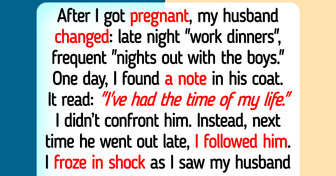
11 MILs Who Stepped Up When Families Needed Them Most

12 Moments Where Empathy Showed the Power of a Kind Heart
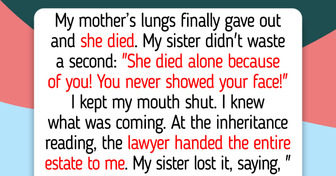
12 Moments That Remind Us to Choose Kindness, Even When the World Is Falling Apart
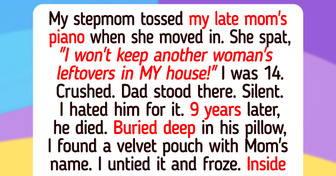
My Cousin Uninvited Me to Save Money—My Petty Revenge Was Absolutely Worth It

I Refused to Pay for Our Valentine’s Dinner—Then I Learned the Heartbreaking Truth

I Refused to Be the Fall Guy After My Boss Called Me "Useless"—I Had Him Reassigned and Took His Clients
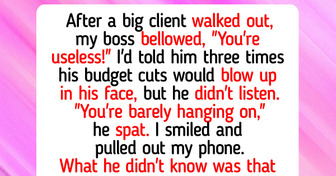
12 Small Acts of Kindness That Quietly Changed Lives
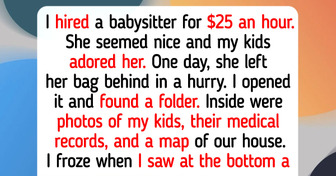
I Refuse to Reschedule My Husband’s Funeral—Even Though My Family Planned a Wedding
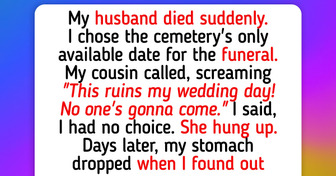
I Refuse to Return to the Office After My Coworker’s ‘Prank’ Revealed His Darkest Secret
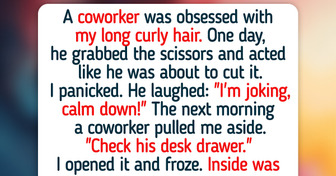
I Lost My Job to “Restructuring” and My Severance Disappeared, Then I Turned the Tables
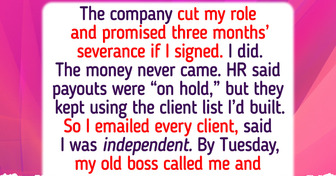
10 Times Kids Spilled Family Secrets and Shocked the Entire Room
